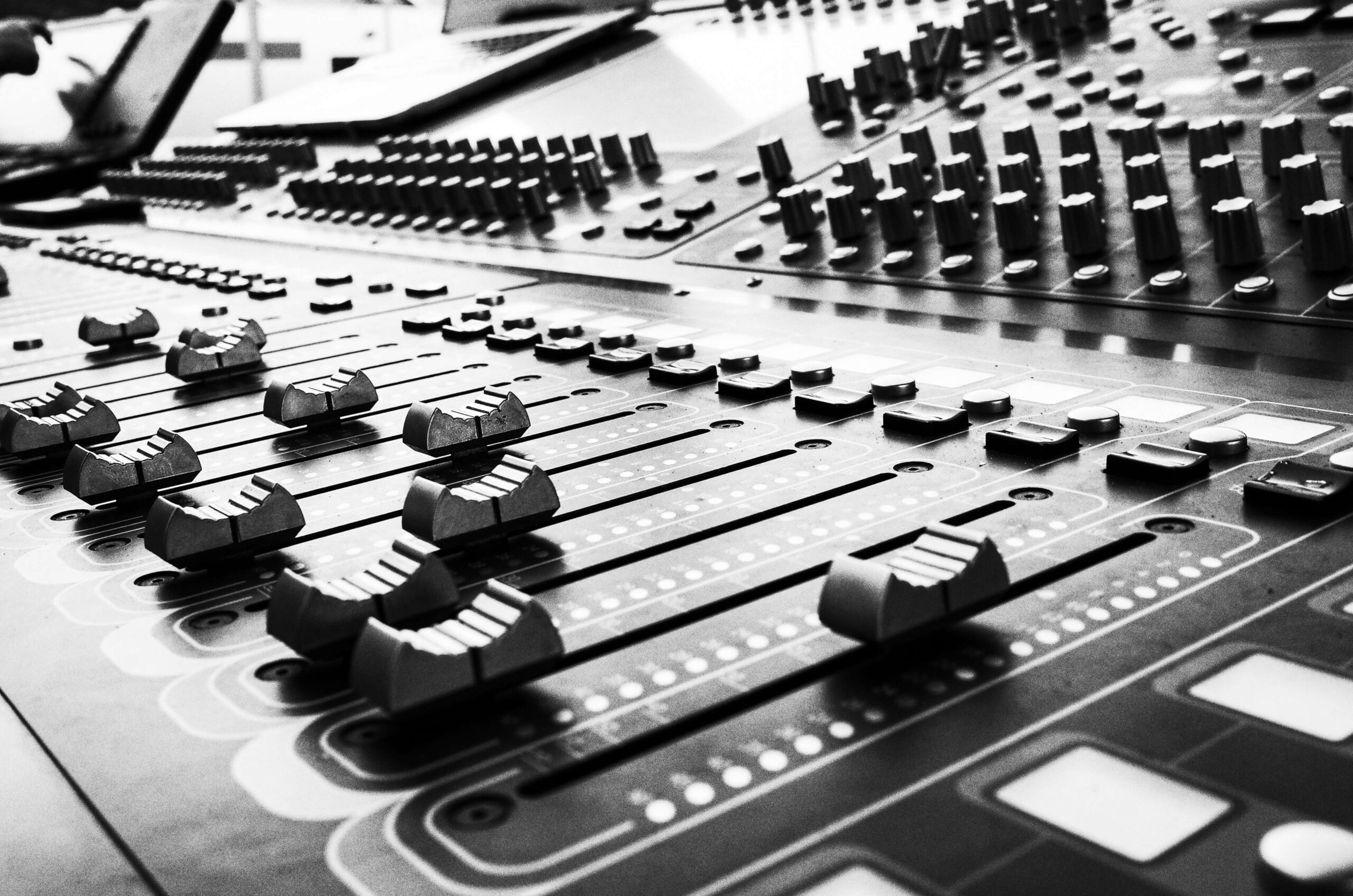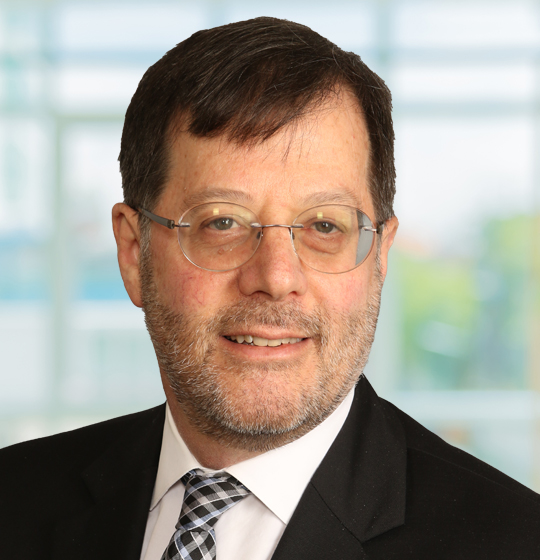In a proposed consent decree submitted for preliminary approval to the federal district court in Denver on December 29, 2017, the owners and operators of the Pepsi Center arena in Denver reached an agreement with a proposed class of deaf and hard of hearing plaintiffs to provide open captioning of all aural (spoken or heard) content at games played and concerts held at the arena. Kurlander v. Kroenke Arena Company, LLC, U.S.D.C. D. Colo. Case No. 16-cv-02754-WYD-NYW.
The idea that aural content must be effectively communicated to arena fans is not new (for example, Feldman v. Pro Football, Inc., 419 Fed. Appx. 381, 392 (4th Cir. 2011); 28 C.F.R. § 36.303(c)(1)).The novelty in this proposed consent decree is that it requires open captioning (in four locations in the corners of the arena) as a required means of providing such communication and that it covers all aural content, including, for example, lyrics to prerecorded songs.
Many arena operators and owners currently have sought compliance with the Americans with Disabilities Act’s “effective communication” obligation by providing live-time transcriptions to fans’ phones or tablets or through devices available for checkout, by open captioning certain aural content (like the National Anthem or player introductions), and/or by providing sign language interpreters upon request. Open captioning will not necessarily work for all deaf fans or in all facilities because there may be issues with poor viewing angles to static locations from certain seats, deaf fans’ varying facility with written English, or the lack of available space for adequate (or any) open captioning.
Because the agreement to use open captioning as the sole compliance solution is the product of a negotiated settlement, arena operators may not want to read the court’s eventual approval of the consent decree as a directive or even blessing for this approach. But, arena operators can be reasonably certain that the settlement will prompt deaf fans at other venues to request more open captioning and perhaps even a few legal claims for the failure to provide such open captioning.
To prepare for this likely result, owners and operators of arenas and stadiums may want to review their current practices for providing aural content to deaf fans and guests, including an exploration of the viability and effectiveness of new means of communicating aural content, including the potential for open captioning. If asked in a court proceeding, an arena operator will likely want to say that the open captioning option was recently reviewed and considered, whether or not it is adopted or rejected. Whatever general approach may be adopted does not, however, absolve operators from considering alternative requests for communication from individual fans.






